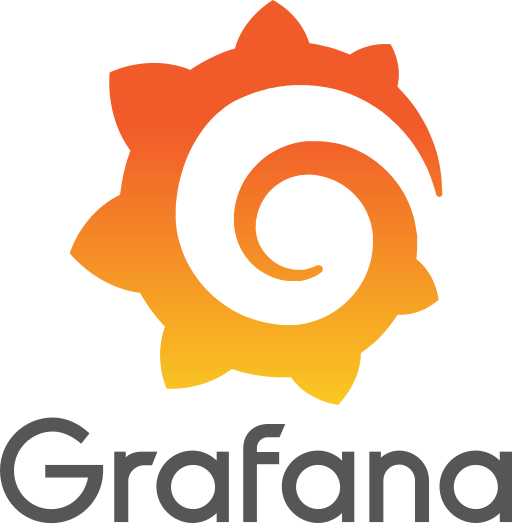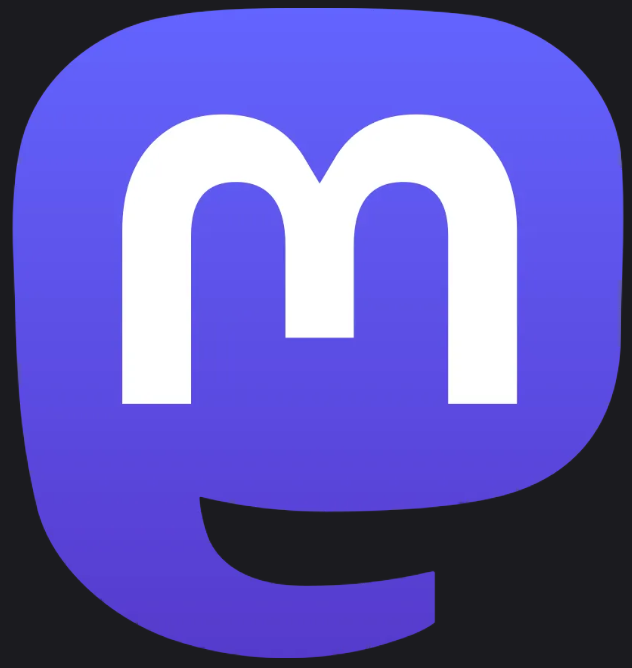Breaking up With Big Tech
It's hard to remember how things used to be prior to all the big tech companies. They went from making great products to stealing our information and showering us with adds, so I've started looking for alternatives.
Sometimes it's hard to remember how things used to be prior to all the big tech companies like Google, Microsoft, and Facebook. Their products were revolutionary and completely changed the world, so it's no surprise everybody flocked to them.
Over the past 25 years however, things have changed quite a bit - These companies that used to make great products eventually turned us - the users - into the products. They lured people in with free and low-cost services, growing until they dominated most aspects of how we interact with the internet.
Now they sensor what we see, what we can post, collect all of our data, and sell it to the highest bidder so they can shower us with adds. At the same, we've become so accustomed to their tools that it's difficult to eliminate them from our lives.
I've been attempting to switch to alternatives that are more focused on privacy and / or open source, and thought I'd put a list together in case others were looking to do the same but weren't sure where to start.
I'll be updating this list as I find and start using other products, and would love to hear what you're using as an alternative as well.
Proton
Proton is a privacy focused alternative for email, but they also have a solution for storage, VPN, and a password manager. One thing that I really like is that you can setup multiple email addresses and domains on a single account - instead of having to pay for multiple Google Workspace accounts and logins (one for each domain / email), I can use a single account and use a dropdown when creating a message to specify which email I want to send from.
Their password manager is great as well and has replaced LastPass. Not only can you separate things into different vaults, but you have an alias generator that allows you to create a "fake" email address when signing up for services that you can turn on / off when you no longer want it to be active.
Brave
I've been using Brave for a while, and it serves as a replacement for Chrome. It's a privacy focused browser that is "built to protect you from the exploitative surveillance economy" and "will never save your private information". It also blocks trackers by default.
Ubuntu
I'll admit - I've tried several flavors of Linux over the years, but always end up going back to Windows. That being said, after seeing what's they're doing with Windows 11 and potentially Windows 12, I've decided to call it quits.
Obsidian
Obsidian is a platform for storing and organizing notes on multiple devices with AES256 encryption. There's a fat client that is installed on your machine and it doesn't require an account to use. Personally, I'm saving my notes to my local Proton Drive so it can be synced between devices instead of using the paid Obsidian Sync feature.
LibreOffice
I don't have occasion to use office software very much outside of work, but on the occasions that I do, I've turned to LibreOffice, which is an open source alternative to Microsoft 365 / Google documents
PostgreSQL
This is obviously more tech and programming related, as many people won't have use for personal databases. But as I move away from some of the Microsoft products, Postgres seemed like a good alternative to MSSQL.





